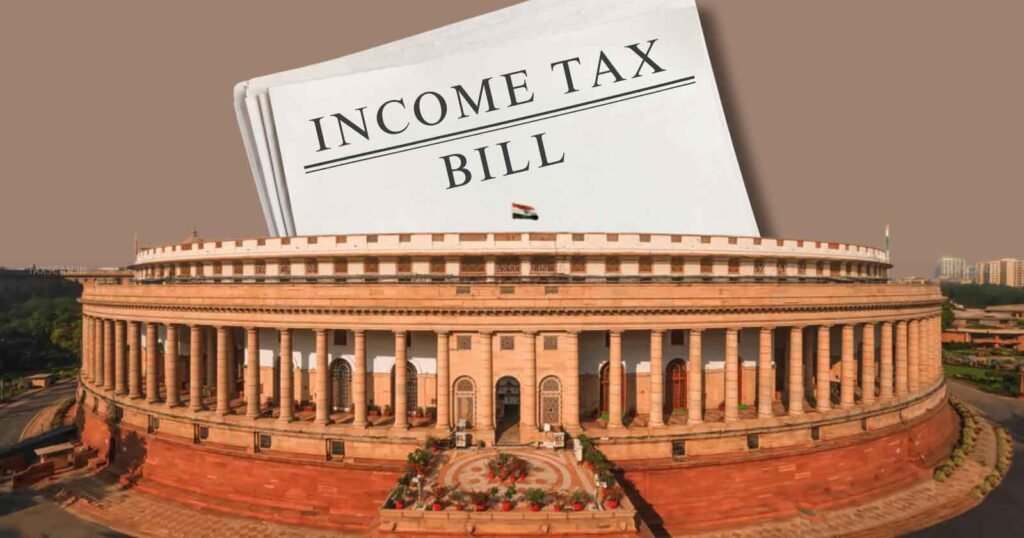Supreme Court Judgment Explained: A minor can repudiate a guardian’s unauthorized sale upon attaining majority through clear conduct, not just by filing a lawsuit. Read about the K. S. Shivappa v. K. Neelamma case and its impact on property and guardianship law in India.
Introduction
In a landmark judgment, the Supreme Court of India has clarified that a minor, upon attaining majority, can repudiate a voidable sale executed by their guardian—not only by filing a lawsuit but also through clear and unequivocal conduct, such as selling the same property to another person.
The ruling emphasizes that a minor’s right to reclaim ownership over property wrongfully sold by a guardian is protected by law, even if no formal suit is filed. This decision offers valuable insight into the interpretation of guardianship and property law under the Transfer of Property Act and the Hindu Minority and Guardianship Act, 1956.
Background of the Case
The case, K. S. Shivappa v. Smt. K. Neelamma, revolved around a disputed property in Karnataka originally owned by three minor brothers. Their father, acting as their natural guardian, sold the property in 1971 to one Krishnoji Rao. However, this sale was made without obtaining prior permission from the District Court, which is mandatory under Section 8(2) of the Hindu Minority and Guardianship Act.
Years later, after two of the minors reached adulthood, they—along with their mother—sold the same property in 1989 to K. S. Shivappa (the Appellant). Believing the title was clear, Shivappa even constructed a house on the plot.
Emergence of the Dispute
In 1993, Krishnoji Rao, the initial buyer from the guardian-father, sold the same land to K. Neelamma (the Respondent). This resulted in a title dispute between Shivappa (who purchased the land from the now-adult owners) and Neelamma (who purchased from the original buyer).
The Trial Court ruled in favor of the Appellant (Shivappa), holding that since the original sale by the guardian was made without court approval, it was voidable at the instance of the minors. Therefore, Neelamma’s title was invalid.
However, the First Appellate Court overturned this decision, and the High Court later upheld that reversal—leading to an appeal before the Supreme Court.
Supreme Court’s Key Observations
The Bench comprising Justice Pankaj Mithal and Justice Prasanna B. Varale examined a crucial legal question:
“Is a lawsuit necessary to invalidate a guardian’s sale made on behalf of a minor, or can the minor’s conduct after attaining majority suffice to repudiate such a sale?”
- Repudiation by Conduct is Valid: The Supreme Court clarified that it is not always necessary for a person who was a minor at the time of sale to file a suit for cancellation of the transaction once they become a major.
“A voidable transaction executed by the guardian of the minor can be repudiated and ignored by the minor upon attaining majority either by instituting a suit or by unequivocal conduct,” the Court stated.
This means that if a former minor acts clearly and decisively—for example, by selling the same property to a third party—such action itself amounts to repudiation of the guardian’s sale.
2. Sale Without Court Permission is Voidable, Not Void: The Court reaffirmed that a sale made by a guardian without the court’s permission is voidable (not automatically void). It becomes invalid only when repudiated by the minor after reaching adulthood.
3. Reliance on Earlier Precedent: The Bench referred to the precedent Madhegowda v. Ankegowda (2002) 1 SCC 178, which established that a minor can avoid such a sale either by instituting a suit or by conduct that shows rejection of the earlier transaction.
Application of Law to Facts
In this case, the Supreme Court noted that:
- The minors, upon attaining majority, had entered into a fresh sale agreement of the same property with Shivappa (the Appellant).
- The earlier purchaser (Rao) never took possession of the land.
- The revenue records continued to show the minors’ names, indicating they remained the rightful owners.
- There was no evidence that the minors were even aware of their father’s sale.
Hence, by selling the property themselves after becoming adults, the minors had validly repudiated the unauthorized transaction executed by their father.
Final Judgment: The Supreme Court allowed the appeal and restored the trial court’s verdict in favor of the Appellant, K. S. Shivappa.
It held that:
“If the minors, upon attaining majority, have avoided the sale executed by their guardian through their conduct, it is sufficient repudiation. They are not required to institute a separate suit for cancellation.”
The Court further remarked that the burden of filing a suit lies on those claiming under the voidable sale, once the minor has shown clear intent to repudiate.
Legal Significance of the Ruling
This ruling has far-reaching implications for property transactions involving minors:
- Strengthens minors’ property rights by ensuring they can reclaim ownership without needing lengthy litigation.
- Clarifies the distinction between “void” and “voidable” transactions under the guardianship law.
- Protects good faith purchasers who buy directly from minors after they attain majority.
- Simplifies procedural requirements for repudiating unlawful guardian sales.
For law students, this judgment is a must-read for understanding:
- Section 8 of the Hindu Minority and Guardianship Act, 1956
- The concept of voidable transactions
- Limitation periods for minors under the Limitation Act, 1963
Conclusion
The Supreme Court’s decision in K. S. Shivappa v. Smt. K. Neelamma reinforces that a minor’s property cannot be permanently alienated without proper legal procedure. Upon attaining majority, the individual retains the right to repudiate such a sale, either through court action or by clear, decisive conduct.
This judgment upholds the protection of minors’ property rights, while also streamlining the interpretation of “repudiation” in Indian property law.





